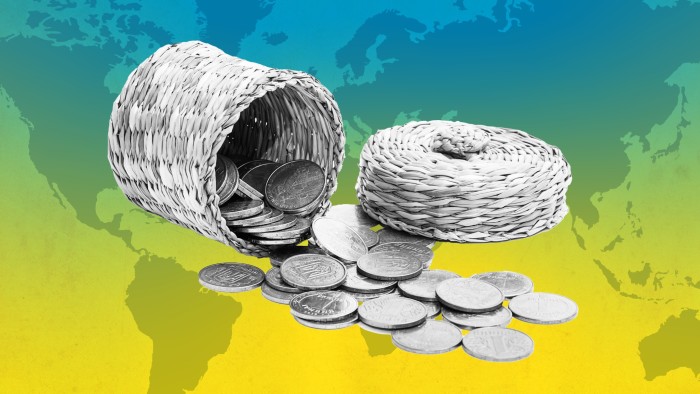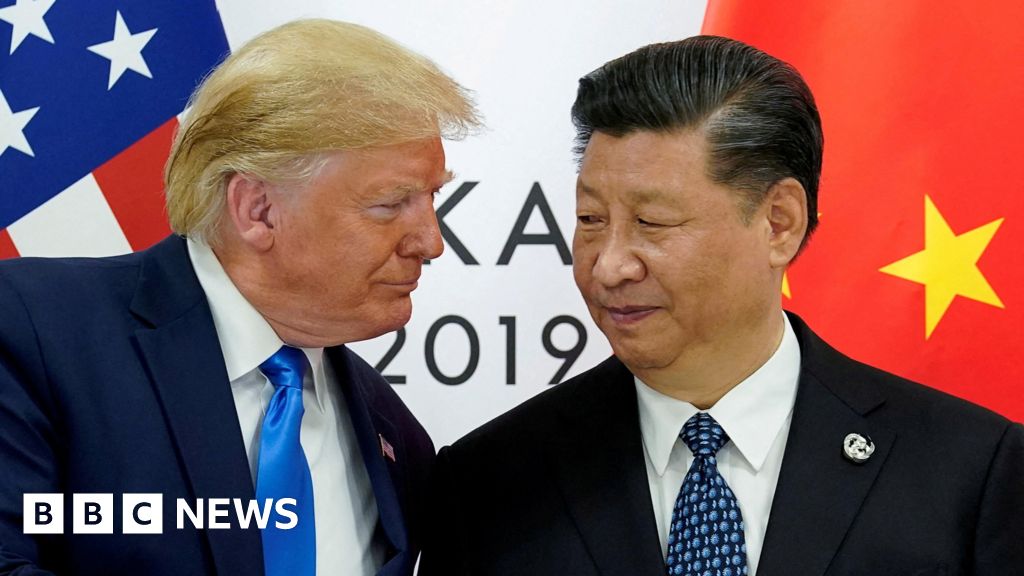
International investors are increasingly expressing concern about the level of risk tied to their investments in the United States, citing growing economic uncertainty, political instability, and market volatility.
Many foreign stakeholders, whose investment portfolios are substantially weighted toward US assets, report apprehension that their capital could be at heightened risk. The United States has historically been seen as a safe haven for international capital, but recent signs of economic headwinds—including inflation pressures, shifting interest rate policies from the Federal Reserve, and wider geopolitical tensions—are prompting a reassessment of risk.
A representative from one global investment firm noted, “We are heavily invested in the US and are concerned that we are putting our money at risk.” This sentiment reflects a broader trend among sovereign wealth funds, pension plans, and multinational institutions that are reconsidering asset allocation strategies amidst changing macroeconomic conditions.
Additionally, the upcoming presidential election, debates around fiscal policy, and possible regulatory shifts have compounded investor unease. Analysts warn that a mix of monetary policy tightening and uncertain political outcomes could add further volatility to equity and bond markets.
Despite these concerns, many investors remain committed to retaining a strong US presence, given its pivotal role in the global economy. However, there is a clear pivot toward diversification, with increased interest in emerging markets and alternative asset classes as a hedge against potential downturns in the US financial system.
As global markets continue to respond to these challenges, investors are expected to closely monitor US economic indicators and political developments, adjusting their strategies to protect capital while seeking robust returns.
Source: https:// – Courtesy of the original publisher.








